Teresa Baiges Zapater
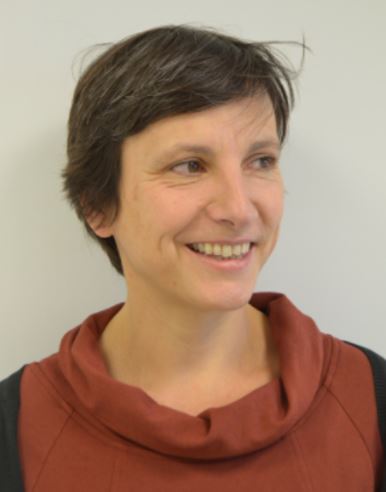
Teresa is a Forest and Agriculture Engineer, MsC in Agroforestry. After an initial period as a researcher, she has been working as forest engineer at the Forest Ownership Centre of Catalonia (Spain) for 7 years, before becoming in 2007, responsible for knowledge transfer and extension at the same public institution, position she holds to date. She works in close collaboration with both researchers and forest owners and has been enrolled in numerous European funded projects. Her main work topics at present are multifunctional forest management and climate change, biodiversity in managed forests, ecosystem services and PES schemes.
Bridging the gap between the forestry, environmental and climate perspectives, and finding technical and economical ways to promote sustainability in Mediterranean forestry are two of her major motivations in her daily work. For the last 5 years, she has actively collaborated with the CNPF in France, in the definition of the new Index of Biodiversity Potential (IBP) and leading its widespread implementation in Catalonia (Spain). She is also engaged in the practical implementation of the Integrative Forest Management concept in Mediterranean forests within the framework of the projects LIFE BIORGEST (2017-2022) and Horizon Europe Transformit (2024-2029).
Jürgen Bauhus
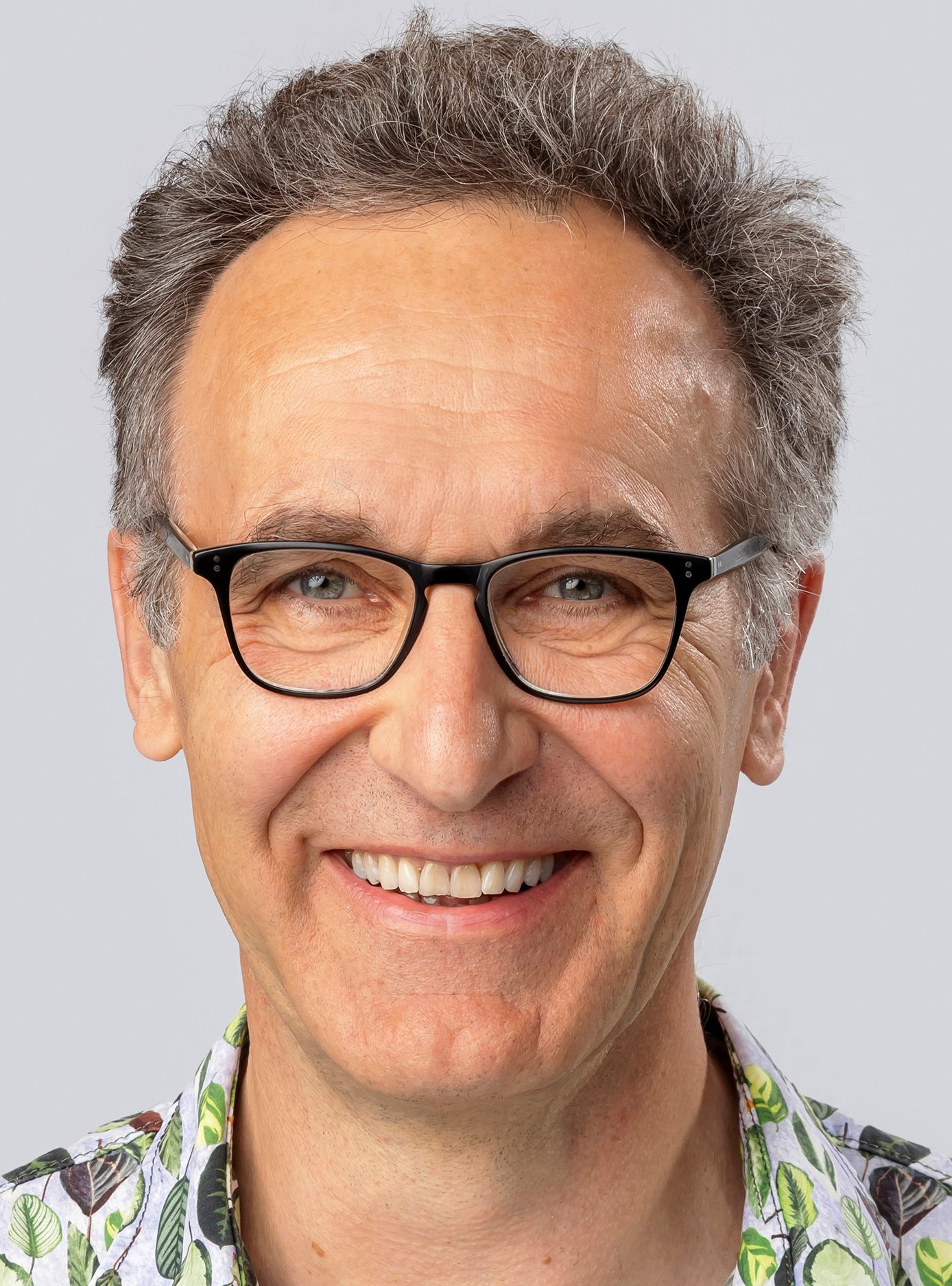
Jürgen Bauhus is Professor of Silviculture at the Faculty of Environment and Natural Resources at Freiburg University, Germany, since 2003. From 1996 to 2003 he worked at the Australian National University. His research focusses on dynamics and management of structure and composition of forests, the ecological function of biodiversity as well as the adaptation of forests to global change. He published several books and more than 290 peer-reviewed papers and book chapters and is a highly cited researcher. For many years he has also been involved in policy advice, currently as chairperson of the Scientific Advisory Board on Forest Policy at the German Federal Ministry of Food and Agriculture. For his scientific accomplishments he received the scientific achievement award of the International Union of Forest Research Organizations (IUFRO) in 2014.
Roland Daamen
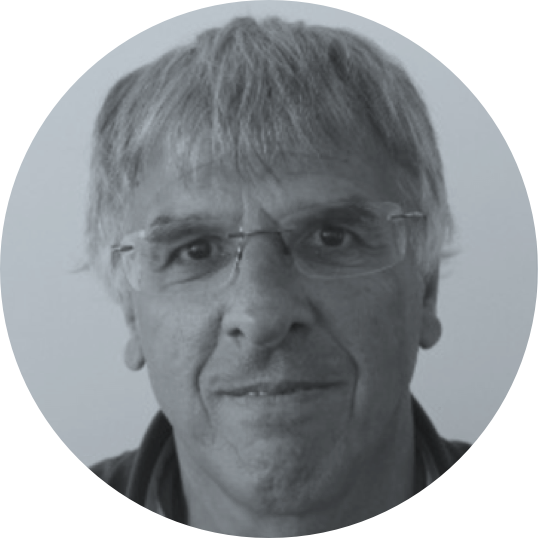
Mr. Roland Daamen works for the Ministry of Agriculture and Consumer Protection of the state of North Rhine – Westphalia, Germany in the Department of Forestry, Timber, Hunting and Fisheries. He has Master of Forestry (1986). He has been with the State Forest Service of North Rhine – Westphalia since 1987. He has also worked in the USA, Poland and EU-Commission. He is Vice-Chair of the Committee on European affairs of the German Forestry Council. He is also Chair of EFI's Bioregions Facility since 2022. Previously he was also member of the EFI Board (2017-2023).
Gregor Danev
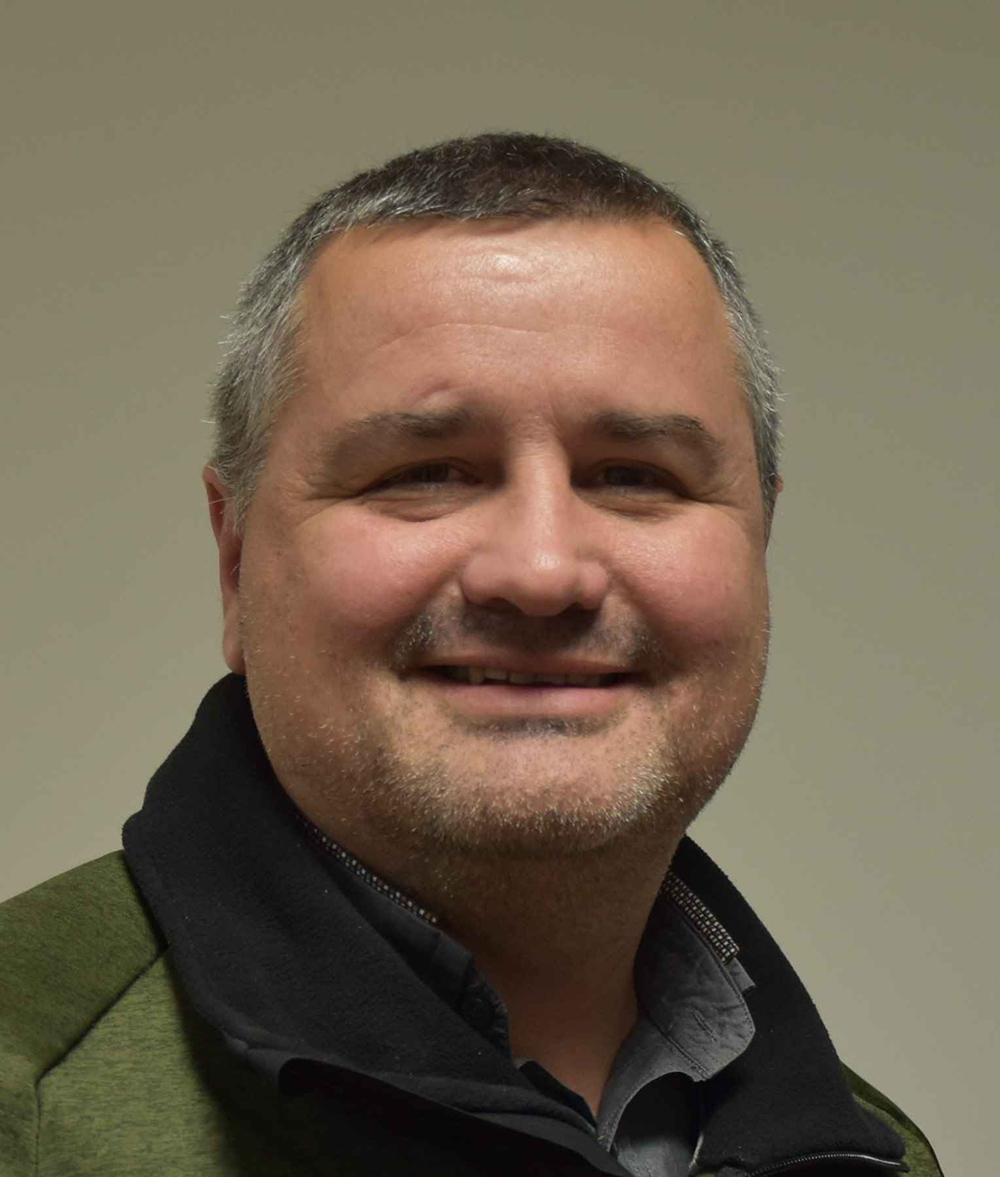
Gregor Danev is a forester, nature conservation expert and director of the Slovene Forestry Service. Gregor has more than 15 years of experience on nature conservation management and integration nature conservation into the forestry management system. Between 2008 and 2011 he was working as a leading expert on nature conservation management in Slovene forests at the Institute of the Republic of Slovenia for Nature Conservation, he developed the integration system of nature conservation objectives and measures in the existing forestry management in Slovenia. He has worked at Slovenia Forestry Service from 2019, and since 2022 as the director.
Steven Dörr
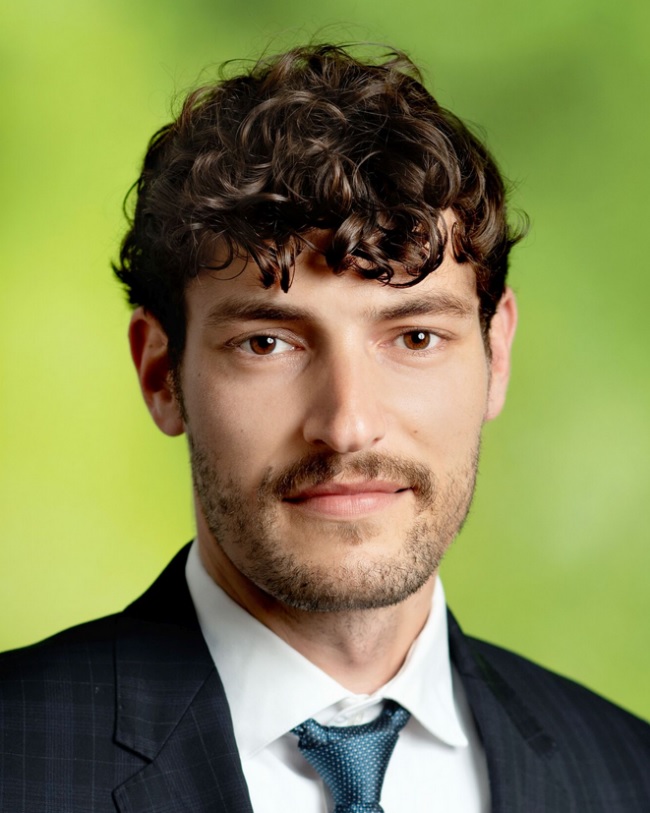
With a Masters degree in Forest Science, Steven Dörr started his career by working for the German Wood-Based Panel Association and the German Forest Owner Association. Since 2021, he has been working for the German Federal Ministry of Food and Agriculture as policy advisor in the European and international forest policy unit. There he is responsible for forest-related EU policies and representing the German interests in the Forest Europe process, the European Forest Institute and the Integrate Network.
Evgenia Emets
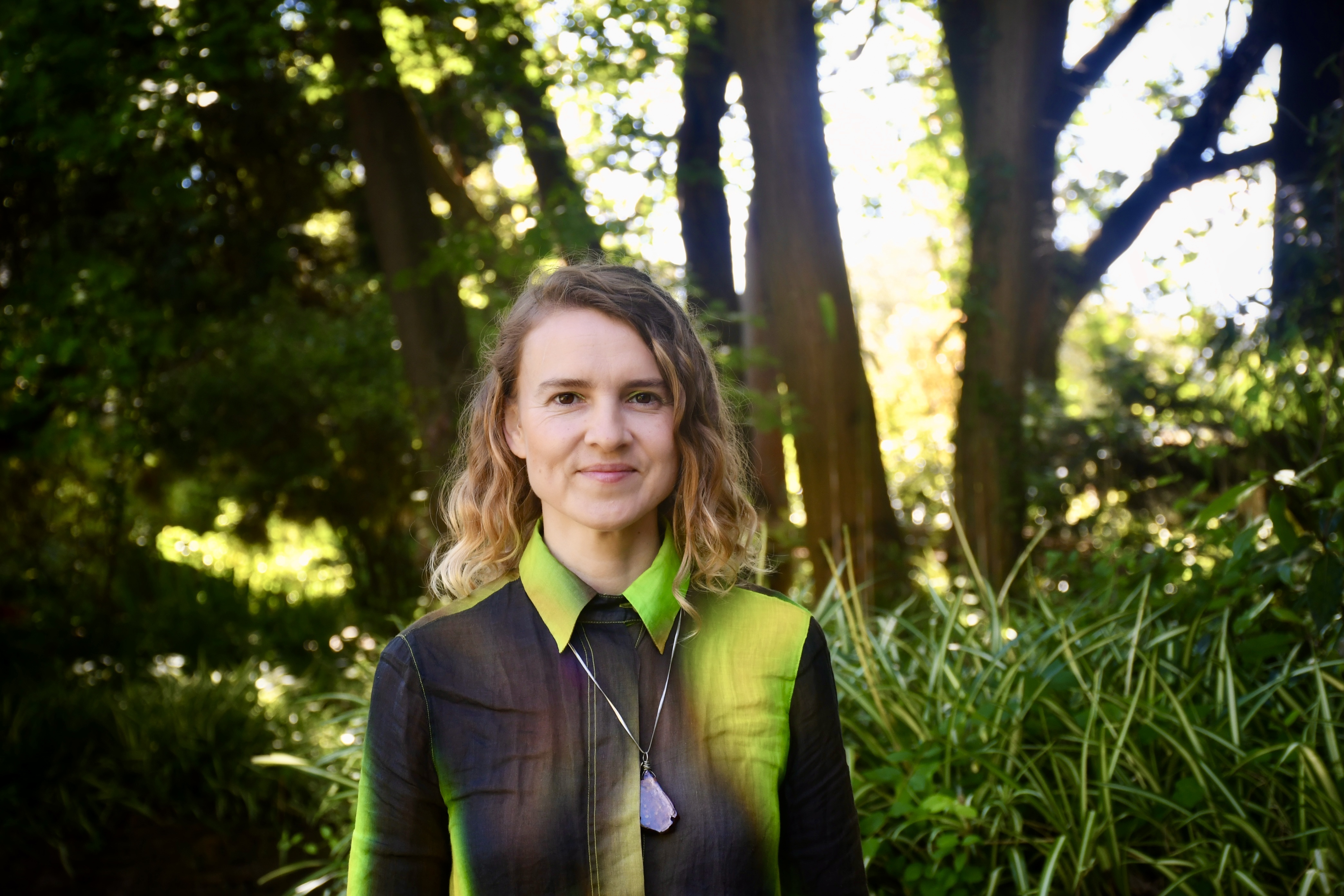
Evgenia Emets is an artist and poet, and the Founder of Eternal Forest. She works with forest ecology and community creating visual art, films, artist’s books, forest art trails and large-scale ecological artworks in the form of forest sanctuaries.
Eternal Forest has been exhibited in Portugal and internationally: Arsenal, New York City, Hall of Biodiversity, Porto, Estufa Fria and Monsanto Forest Park, Lisbon, National Museum of Natural History and Science and Botanical Garden, Lisbon among others.
Boris Erg
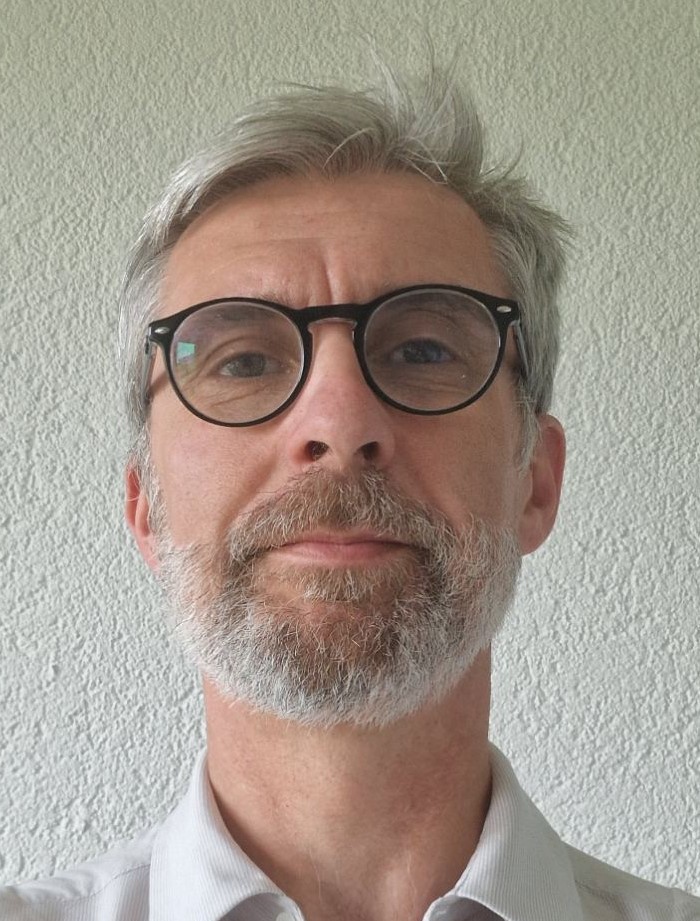
Boris Erg is Director of the IUCN Regional Office for Europe (EURO) based in Bonn. Boris’ professional career spans more than 25 years focusing on environmental policy, nature conservation, governance and management of natural resources. He has worked with government and non-state partners at international, national and local levels. Throughout his career, Boris has promoted the concept of fair and equitable governance of natural resources as a response to growing societal and environmental challenges.
Adam Felton
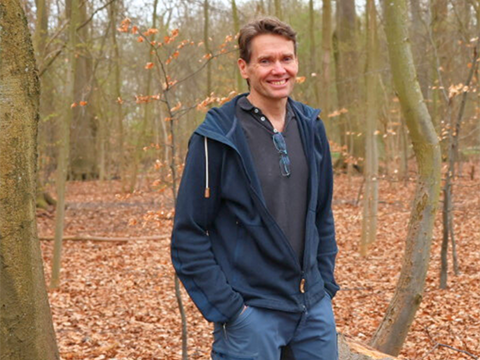
Adam is a conservation ecologist based in Sweden whose primary research interests involve the maintenance of biodiversity and associated ecosystem services in managed forest systems, and the implications of climate change adaptation and mitigation strategies for habitat availability and resilience.
Georg Frank
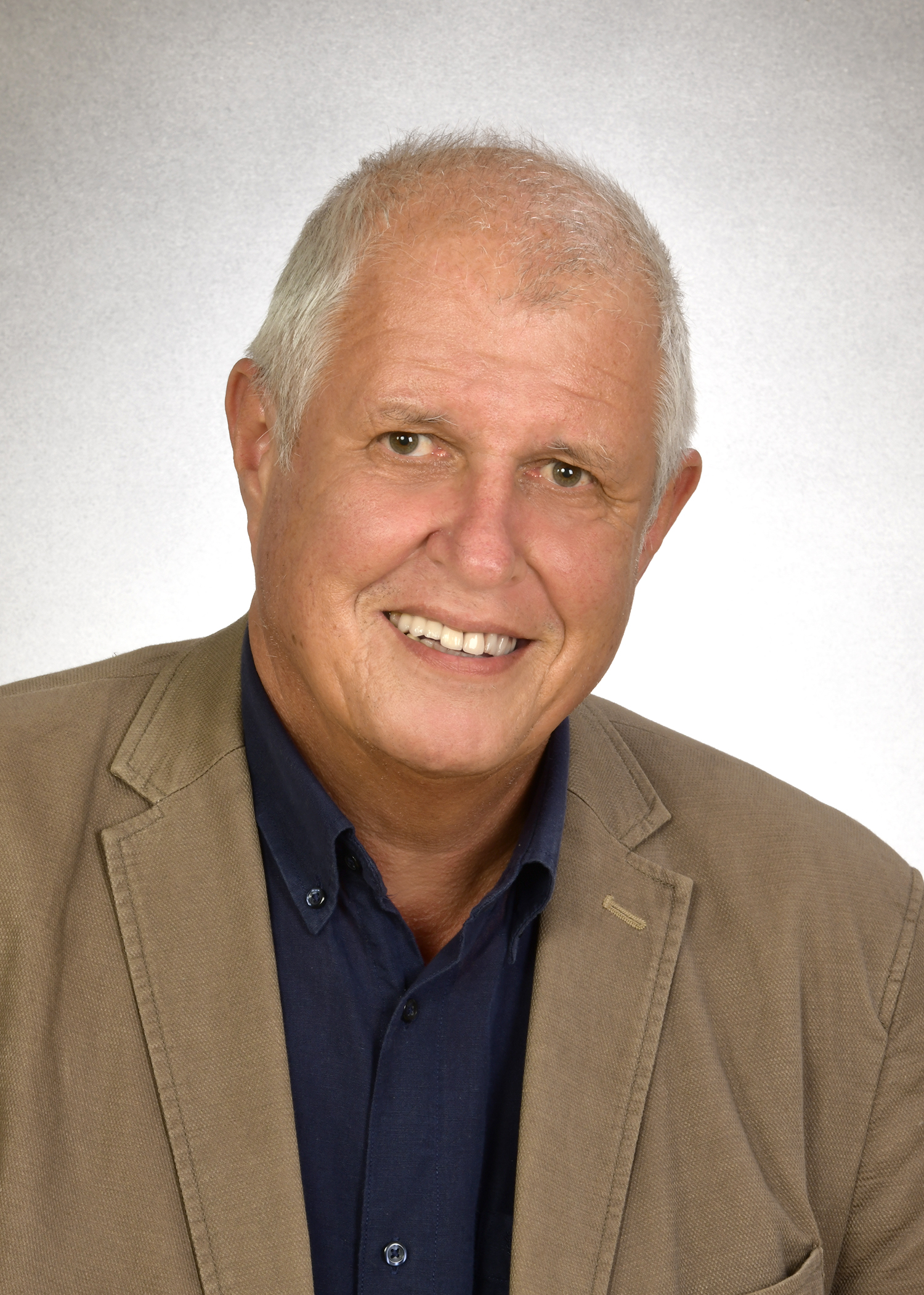
Georg Frank is a Forest Engineer, working at the Austrian Forest Research Centre. He studied at the University of Agricultural Sciences in Vienna in 1991 with a doctoral degree in silviculture and vegetation science. Since 1994 he is the coordinator of the Austrian Natural Forest Reserves Programme and is responsible for the development and management of a representative network of strictly protected forest reserves covering all forest types of Austria. He works in close collaboration with both researchers and forest owners on natural forests, specifically forest stand dynamics, forest vegetation ecology.
Georg Frank has been involved in near-natural forest management throughout his professional life. He is member of the board of Pro Silva Austria and Head of the Expert Committee for Silviculture and Nature Conservation of the Austrian Forestry Association. He participated in European research projects on forest biodiversity and is lecturer at the University of Natural Resources and Life Sciences in Vienna (BOKU) and generally sworn court expert.
Anna Gazda
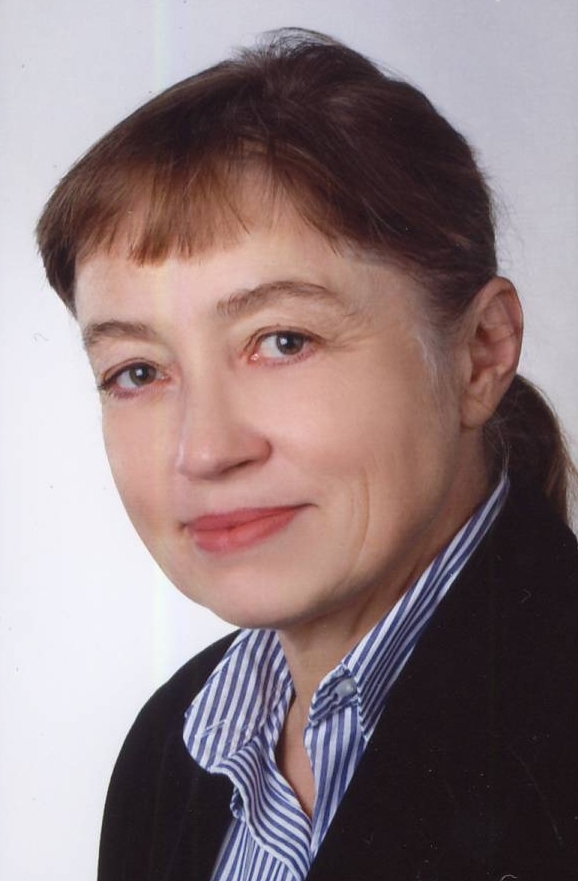
Anna Gazda holds a PhD and a post-doctoral degree (Habilitation) in forest ecology from the University of Agriculture in Krakow. She is a member of the Polish Academy of Sciences; Committee of Forest Sciences and Wood Technology. Her main research interests are: invasion ecology, forest ecology, biodiversity, nature conservation. She has led and co-founded various research projects. She is also the author of about 40 scientific publications. Likewise, she has reviewed numerous scientific papers and project proposals.
Agata Konczal
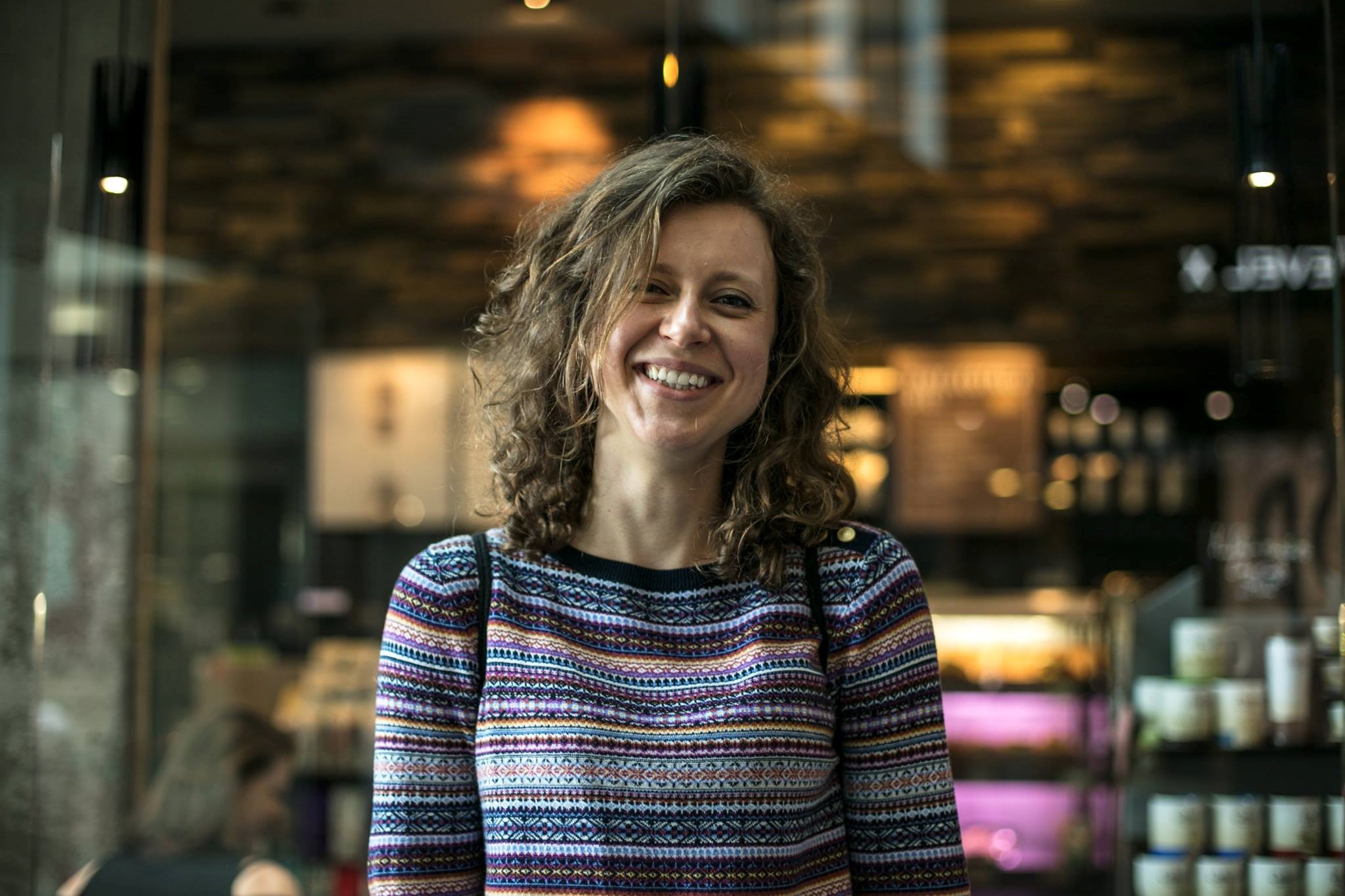
Agata works at the Wageningen University, in the Forest and Nature Conservation Policy Group. Between 2017 and 2022, she was a researcher at the European Forest Institute. She holds a PhD in social and cultural anthropology. Agata's main research interests are studies on the perception, understanding and use of forests by different social groups, various approaches to, and interpretations of nature protection (e.g. within rewilding projects, integrative forest management), and interdisciplinary research relating to forest topics.
Daniel Kraus
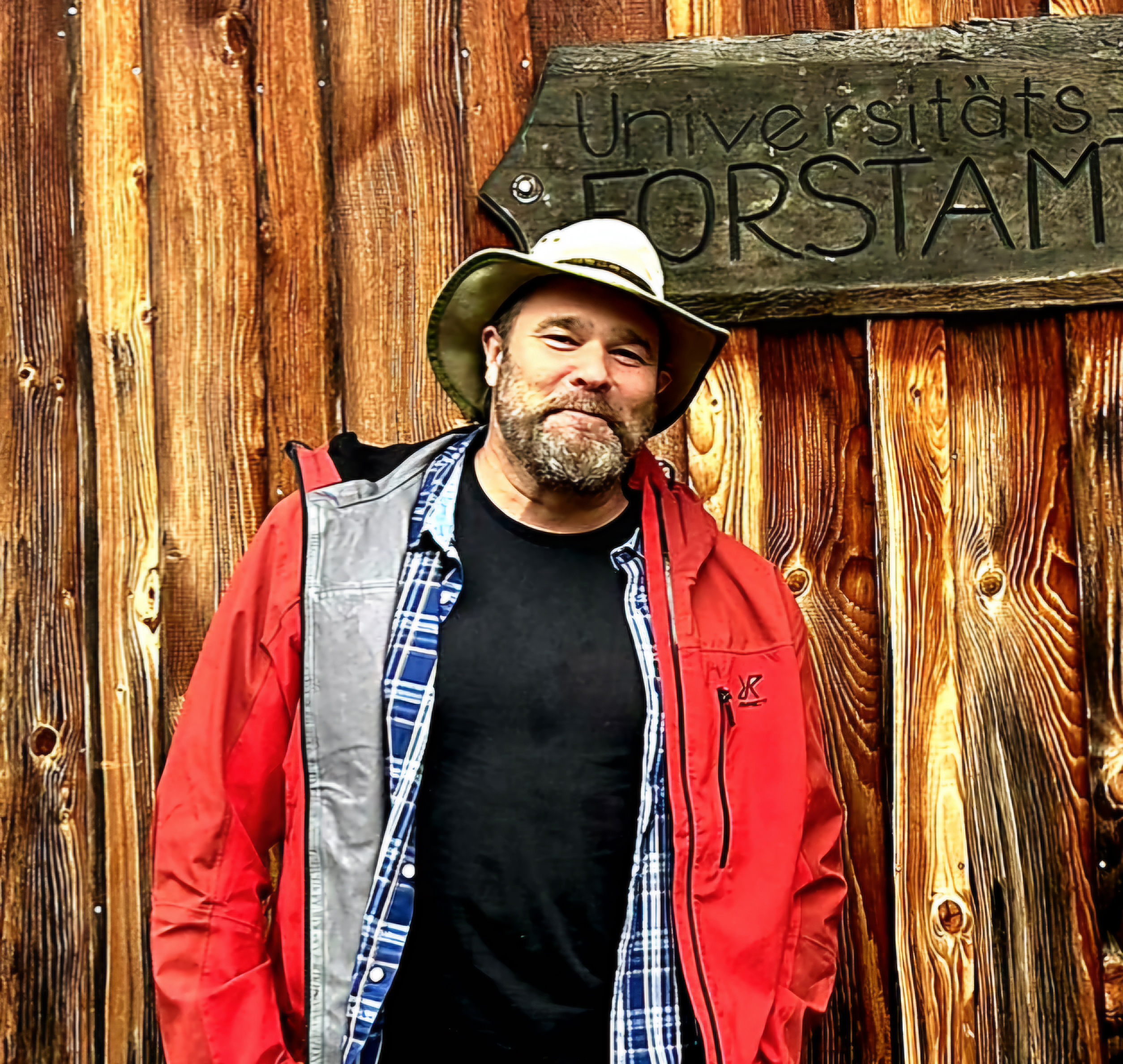
Daniel is the director and chief manager of the University of Würzburg´s forest department in Sailershausen, Germany. The University forest (ownership since 1582) is among the top forests in Germany regarding rare tree species diversity and has been managed for decades on a close-to-nature basis. Biodiversity conservation, climate resilience and water retention are the main pillars of the silvicultural strategy and is being monitored and investigated by various research projects and forest labs.
Before Daniel worked at the Bavarian State Forest Enterprise (BaySF) as director of a regional enterprise, mostly managing large scale disturbances in coniferous stands. Earlier he worked as a project manager at the EFI in the Integrate+ project with the focus on biodiversity conservation concepts within integrative forest management.
He studied Forest Sciences at Freiburg University and Universidad Austral de Chile. He is a trained fire ecologist and also has a strong focus on tropical ecology.
Rahel Könen
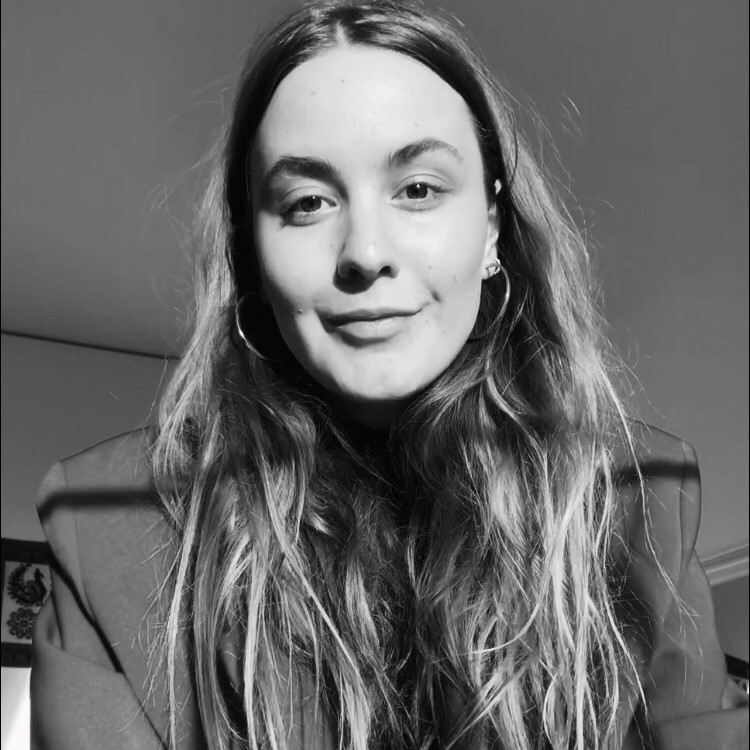
As an engaged science communicator, Rahel Könen joined EFI with an interdisciplinary background in social sustainability sciences, international relations and journalism. She holds an MSc in Human Ecology from Lund University with a research focus on political ecology, socio-ecological regeneration and sustainability transformations. As a communications professional, she’s passionate about connecting and integrating multiple perspectives and disciplines, as well as facilitating spaces for fruitful dialogue and exchange through participatory leadership and storytelling approaches. She supports various projects at EFI, including TRANSFORMIT, Integrate Network and Superb Project.
Robert Mavsar
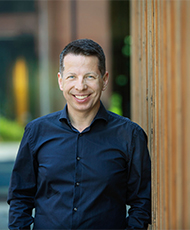
Robert Mavsar is the Director of the European Forest Institute, responsible for the overall leadership and strategic development of the Institute. With a strong international track record spanning over 25 years, he specializes in forest research development, bioeconomy, economic valuation of ecosystem services, and innovative business models for forest products. He holds a PhD in economics and an MSc in forestry.
Hannah Mowat
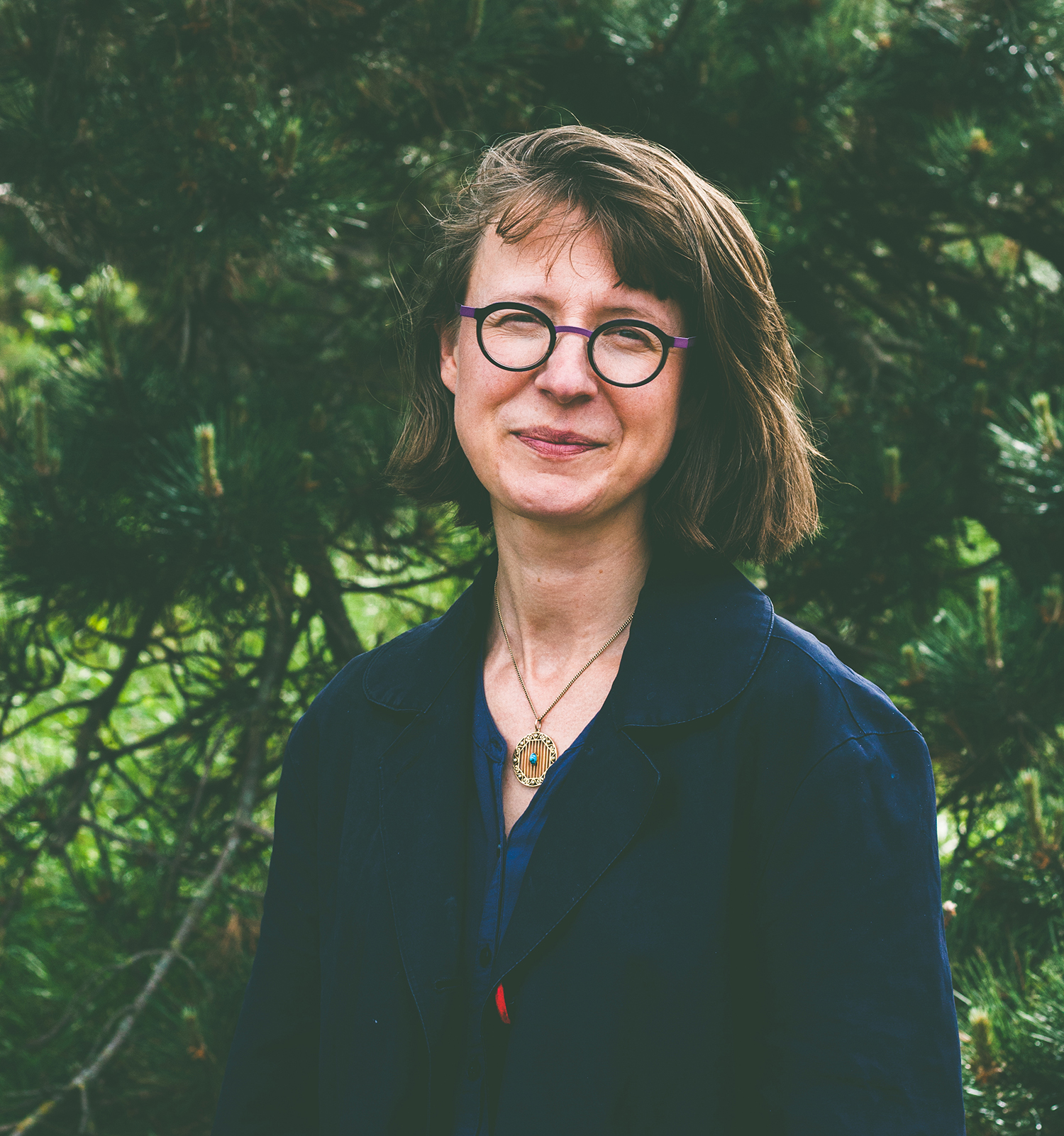
Hannah Mowat has 15 years experience campaigning for stronger energy, climate and forest policies in European NGOs and think tanks, facilitating networks and has published numerous reports and articles on finance and land rights, carbon trading, biodiversity offsetting, LULUCF and negative emissions. She previously worked at Friends of the Earth and the Munden Project, and lives in Paris. She is currently working part time, while studying the role that conflict resolution and mediation practices can help in facilitating the environmental and social transition.
Marco Onida
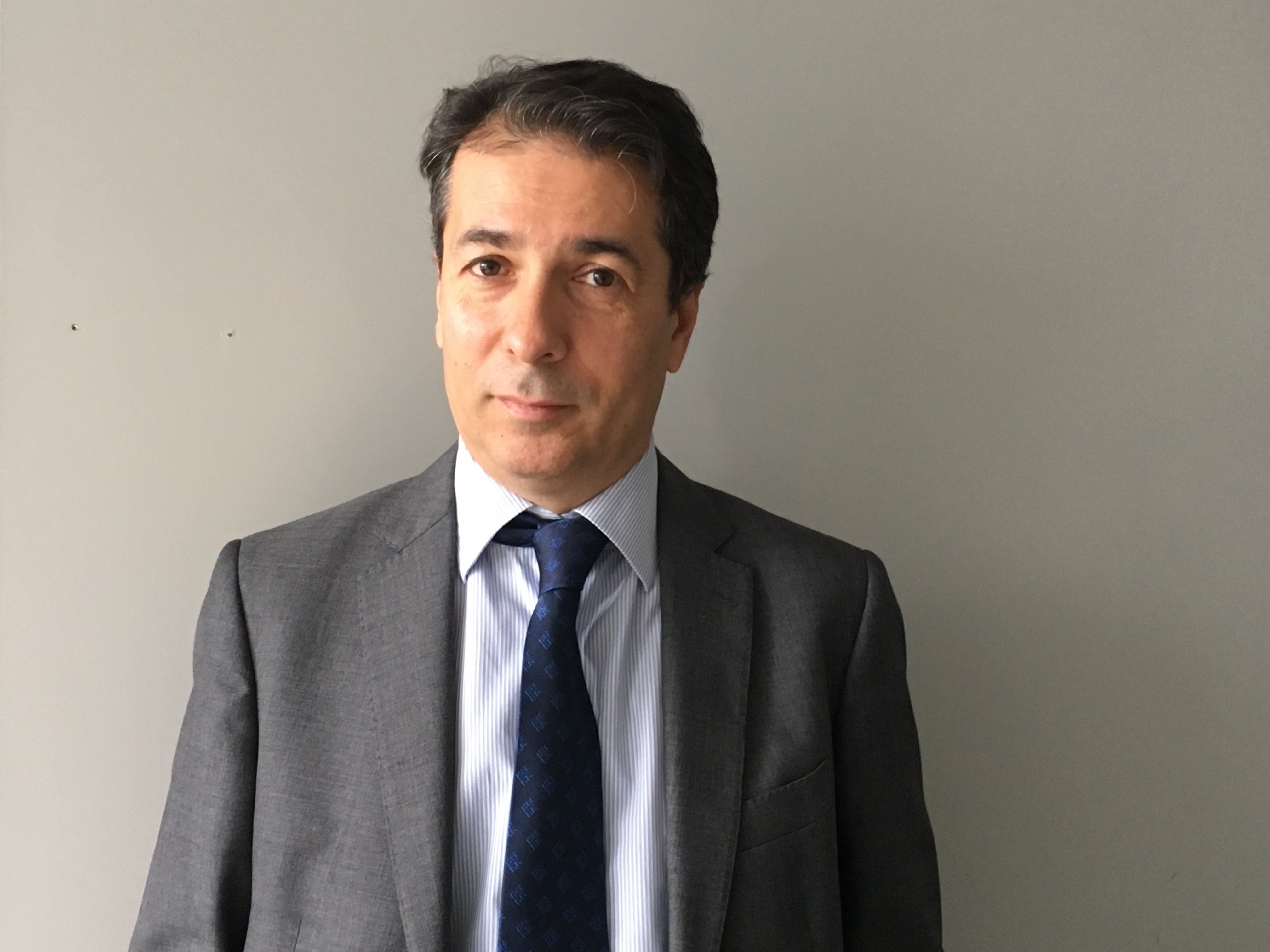
Marco Onida is a Senior Expert with more than 30 years of experience in the European Commission. He is currently head of the forest sector in DG Environment, dealing with the implementation of the EU Forest Strategy including the recent legislative proposal on a forest monitoring framework and the EC guidelines on sustainable forest management (afforestation, closer to nature forestry and primary and old-growth forests).
Previously he has dealt with implementation of environmental law (infringements), access to environmental justice, waste management policy and regional cooperation. He has been Secretary General of the Alpine Convention from 2007 to 2013.
Maria Patek

Maria Patek is a forestry engineer and holds an MBA. She has worked as a top official in the
Austrian public administration, focusing on Natural Disaster Risk Reduction, Water Management,
Forestry, Sustainability, and Regional Policy. She also served as Federal Minister in the Ministry for
Sustainability and Tourism as part of the Expert Cabinet from 2019-2020. Since August 2023, she
has been retired.
Maria Patek is a board member and chairwoman of the advisory board for the environment of a
listed energy company. Additionally, she is actively engaged as a mentor in professional women’s
mentoring programs.
Photo by schoberarts.
Andreas Rigling
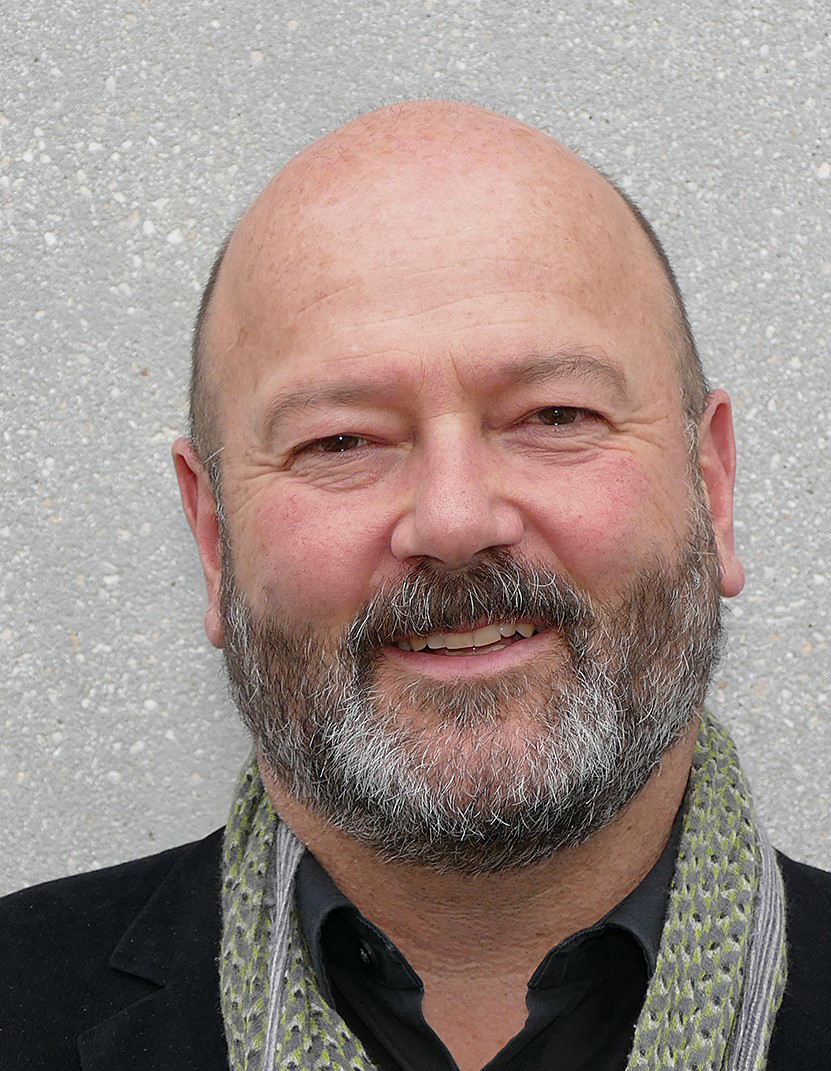
Andreas Rigling is a Professor “Forest Growth and Global Change” at ETH Zürich. After an apprenticeship as forester, the diploma as forest engineer at ETH Zurich, and a PhD in dendroecology at the University of Basel, he worked at the Swiss Federal Research Institute WSL as head of the research unit “Forest Dynamics” and member of the WSL-directorate. In 2022, he moved to ETH Zurich, where he focuses on the resilience of forest ecosystems to biotic and abiotic stress factors, natural disturbances, and the impact of past land use on today's forests. Bridging the gap between research and application is a matter close to his heart.
Photo credit: Reinhard Lässig, WSL
Cecilia Rivera
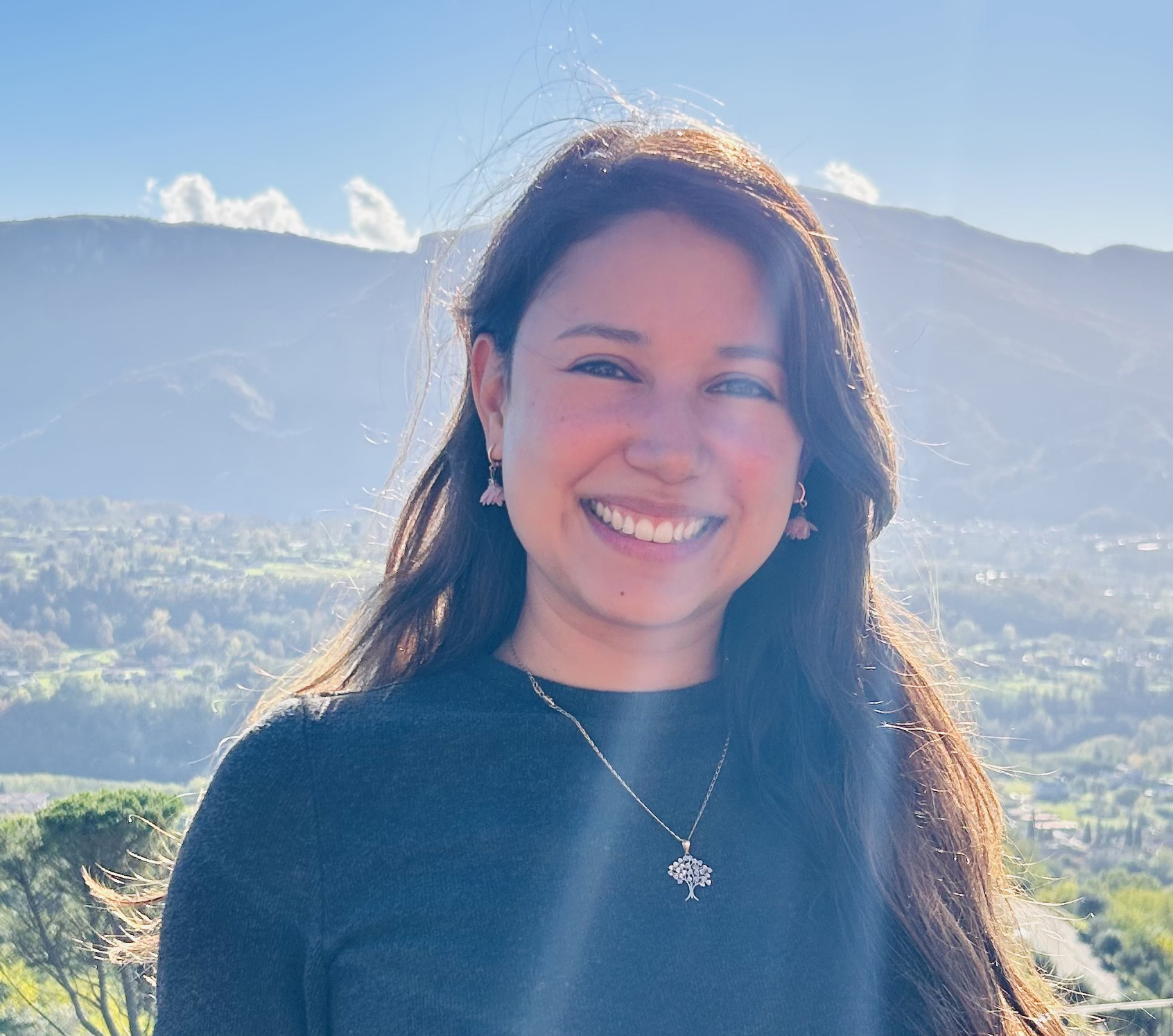
Cecilia holds a double master’s degree in environmental science and Natural Resources Management and Development from the University of San Luis Potosí and the Technische Hochschule Köln.
Her interdisciplinary background has allowed her to work in diverse topics such as air quality management governance, climate finance, urban sustainable development in Latinamerica and Asia.
Having worked at the Mexican Ministry of Environment (SEMARNAT) managing an annual grants programme, and at ICLEI – Local Governments for Sustainability managing a global programme to support local governments in accessing international finance, Cecilia has experience not only in programme and project management, but also in the evaluation and development of project proposals. In addition, she has experience in organising in-person and hybrid (national and international) events.
At EFI, Cecilia works as a project officer providing administrative and management support on EU/international and national research and policy support projects and proposals. In particular, she is currently involved in TRANSFORMIT and EUFORE.
Elisabeth Schatzdorfer
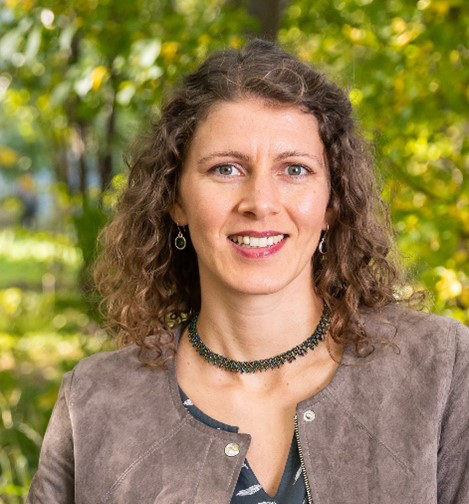
Elisabeth Schatzdorfer (neé Pötzelsberger) is a forest scientist, natural resources management expert and ecologist who joined EFI in 2020 as Head of Resilience Programme and after a maternity leave in 2023 is now back in Bonn as Principal Scientist.
In her work, she investigates strategies and alternative management options to increase the resilience and functionality of forest landscapes and to protect and restore biodiversity. Currently, she coordinates the large Green Deal project SUPERB (Systemic solutions for upscaling of urgent ecosystem restoration for forest-related biodiversity and ecosystem services).
Gesche Schifferdecker

A passionate and experienced science communicator, Gesche joined EFI’s Bonn office in 2017 to lead the Communications Team of currently 7 people. After engaging with Deutsche Welle and the international Max Weber Foundation, Gesche is now for responsible for managing dissemination and communication activities for international, European and national research projects. She also enjoys moderating events and engaging with diverse stakeholders from science, policy, forestry practice and society. Gesche is a political scientist by background and started to work in science communications more than 15 years ago.
Andreas Schuck
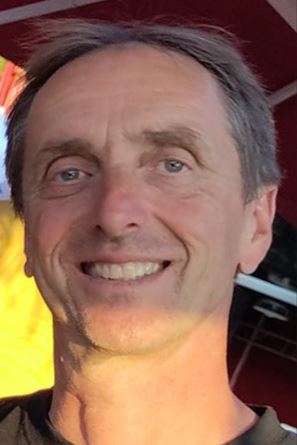
Andreas Schuck is a senior researcher with the ‘Resilience Programme’ at EFI, Bonn. He has more than 20 years of experience in research, information services provision and practice application around the topics of forest management, biodiversity and disturbance risks. He is part of the Integrate Network Secretariat where one of his main responsibilities is to develop the continuously expanding network of demonstration sites and design innovative training and knowledge transfer tools.
Jonathan Spazzi
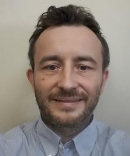
Jonathan Spazzi holds an MSc in Forestry from Bangor University, a BSc (Hons) in Forest Management as well as other training in Forest Mycology, Environmental Science and Renewable Energy Technologies.
Jonathan has been involved in close to nature forest management in Ireland for the last 25 years: as a consultant forester he has engaged with the practical transformation of private forests since the early 2000’s. From 2017, as a Development Officer with Teagasc Forestry Development Department he has focused on developing and delivering integrated management training and educational programmes including e-learning and blended training for forest owners, foresters and other users. He is currently working closely with a number of owners and foresters undergoing forest transformation to continuous cover systems.
Toni Ventre
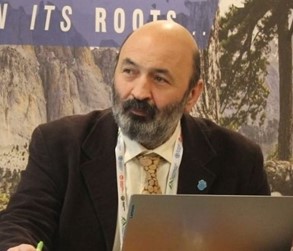
Toni Ventre is a Forest Engineer, Director of the Forestry Sector for 21 years in a local administration in Tuscany-Italy working about sustainable forest management, developing projects to strengthen forest-wood energy and structural timber supply chains, hydrogeological protection management, landscape and forest restoration; EU programs H2020, LIFE, Erasmus+; forest certification; valorization of ecosystem services; Wildfire Prevention and Fight, Founder and responsible of Forest Workers Training Center of Rincine. Since 2019 Toni is the General Secretary (on behalf of Tuscany Region)of Mediterranean Model Forest Network.
Tomáš Vrška
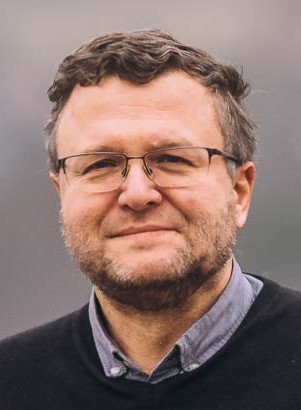
Tomáš Vrška is the director of University Forest Enterprise Křtiny at Mendel University in Brno (CZ) and associated professor of Silviculture on the same university . He has the former experience from forest management planning and application of restoration management in protected forest areas. In 1994-2018 he was the team leading scientist researching the dynamics of natural temperate forests. Since 2019 he is the director of the University Forest Enterprise. He focuses on i) practical adaptation of forests to climate change – developing and testing new silvicultural models, ii) application integrative forest management principles which link the forest yield and biodiversity support. He is currently the President of Pro Silva.
Bernhard Wolfslehner
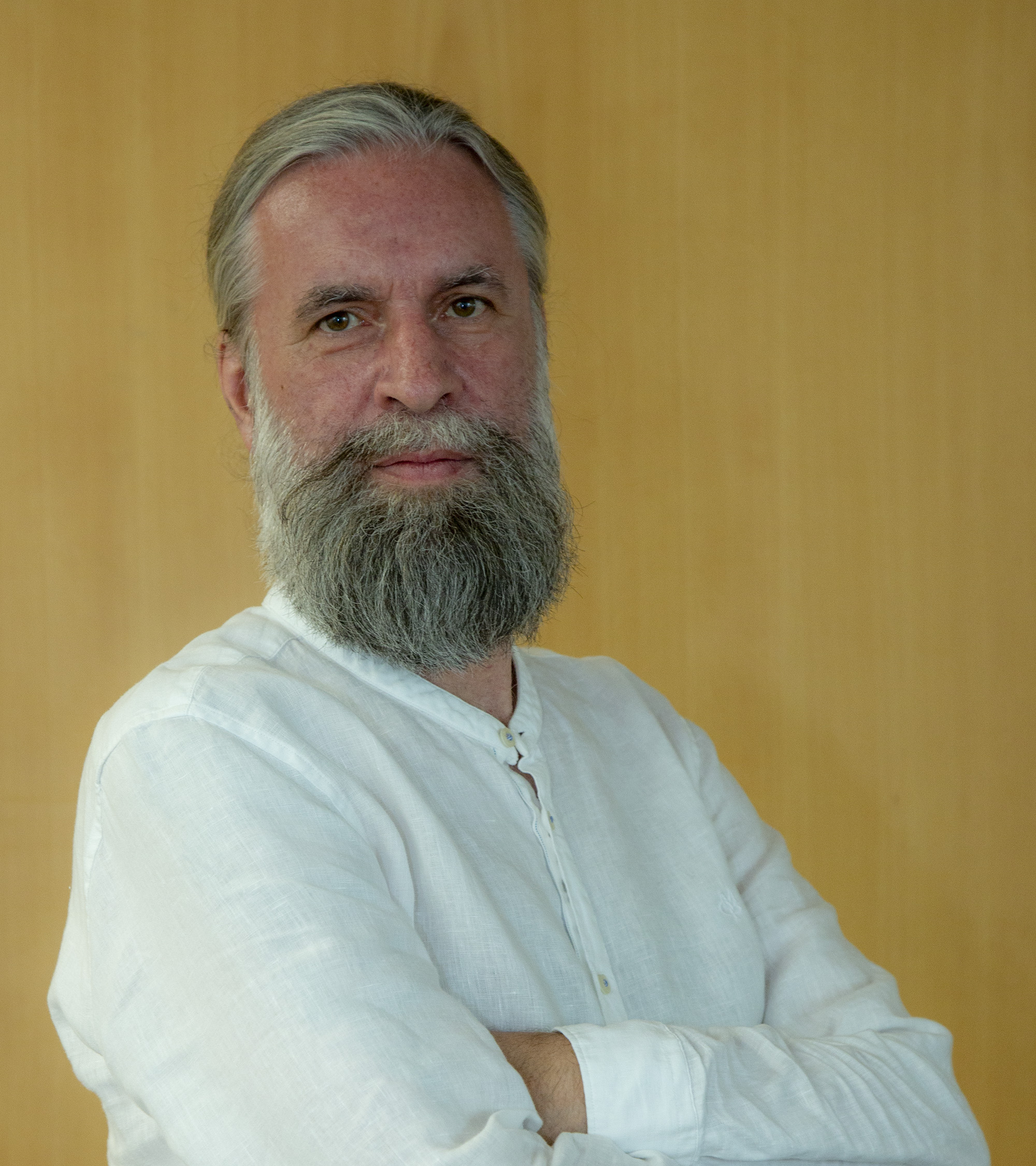
Dr. Bernhard Wolfslehner is the Head of Governance Programme of the European Forest Institute (EFI) and has more than 20 years of research experience on sustainable forest management. Among other tasks, he is leader of the EFI FOREST EUROPE team and Head of the Secretariat of the INTEGRATE network.